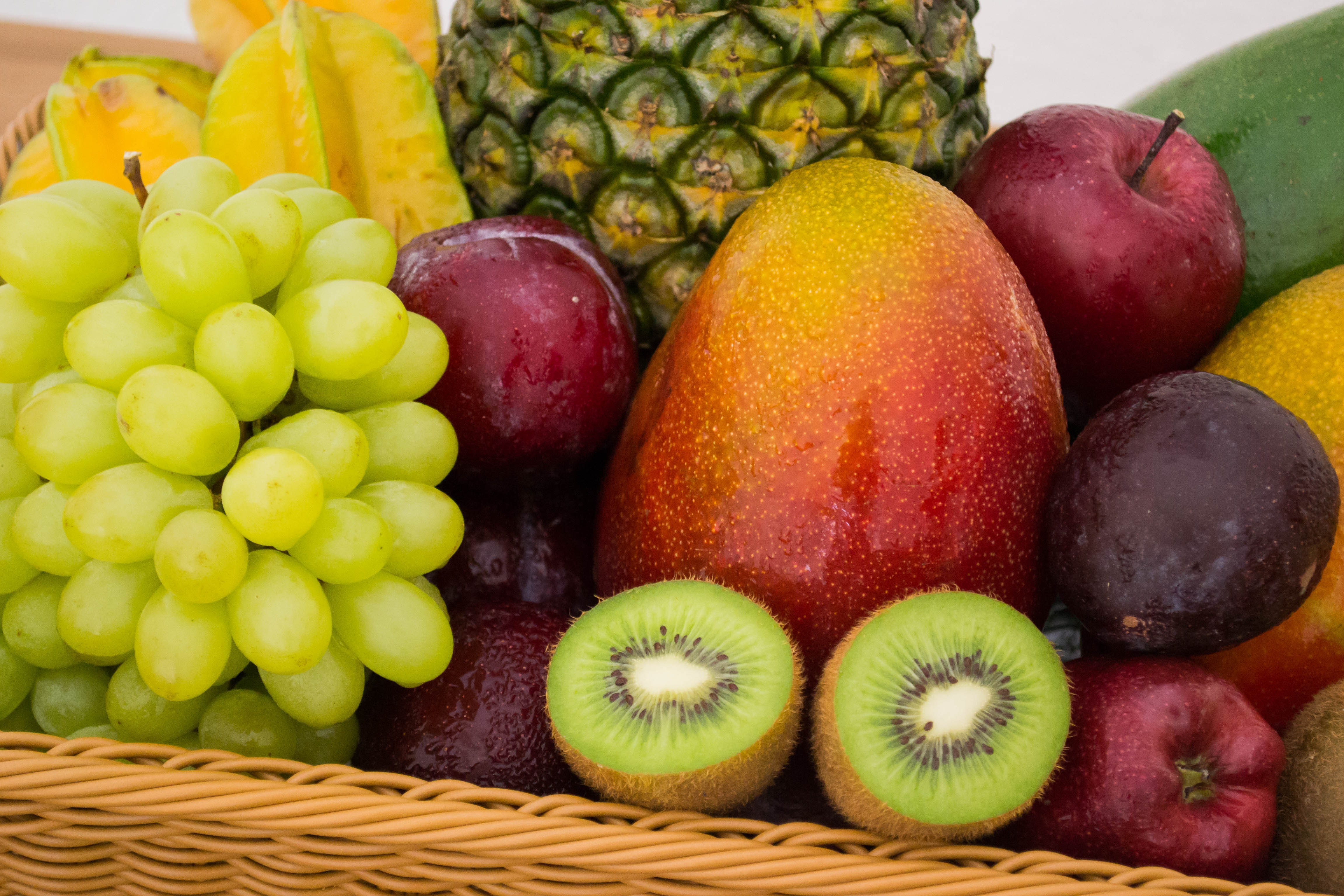False Advertisements: 4 Dieting Trends That Aren't Actually Good For You
Dieting trends have quickly become a common scenario on the internet. They sweep across social media, promising quick weight loss, a ticket to ultimate health, and creating a better ‘you’. People can easily be swept up in these trends, falling prey to convincing but altered before and after photos. But here’s the sobering truth - not all popular diets are beneficial, or for that matter, they might not even be healthy. Though these fads may sometimes deliver quick results, it’s at the expense of long-term health and well-being. In this article, we’re going to take a closer look at four dieting trends that may not be as good for you as they appear.
1. The Juice Cleanse Diet
You’re probably no stranger to this popular dieting trend. A juice cleanse, also known as juice fasting, involves consuming ONLY fruit and vegetable juices for a specific period, ranging from a few days to a whopping several weeks. The idea here is that you’re detoxing your body to help you lose weight. While the idea of ‘detoxifying’ might sound appealing, our bodies already have built-in systems for detoxification - primarily the liver and kidneys. Besides, there’s no scientific evidence that proves juice cleanses actually enhance this process.
Furthermore, juice cleanses often lack protein, leading to muscle loss if the diet extends beyond a few days. They also tend to be low in calories, which can leave you feeling weak or dizzy, and are high in sugars (even if they’re natural sugars). So instead of doing a juice cleanse, a much better, safer approach to health is consuming a balanced diet of whole foods.
 Photo by Dhiren maru on Unsplash
Photo by Dhiren maru on Unsplash
2. Fruitarianism
Now here’s a strange one - fruitarianism is a diet that consists primarily of fruits, and to a lesser extent, nuts and seeds. People are typically drawn to this diet thanks to its incredible simplicity and the natural sweetness of fruits. However, despite its appeal, fruitarianism poses several potential health issues.
For one, while fruits are packed with vitamins, antioxidants, and fiber, they also lack significant nutrients found in other food groups. A fruitarian diet is often deficient in protein, calcium, vitamin D, vitamin B12, and omega-3 fatty acids, all of which are crucial in maintaining good health. Additionally, consuming large quantities of fruit means a high intake of fructose, a type of sugar. This can lead to elevated blood sugar levels, weight gain, and an increased risk of type 2 diabetes. While fruits definitely contribute to a balanced diet, relying solely on them can lead to numerous health complications. A well-rounded diet including ALL food groups is usually the healthier option.
 Photo by Jonas Kakaroto on Unsplash
Photo by Jonas Kakaroto on Unsplash
3. The Raw Food Diet
This diet involves consuming foods and drinks that are not processed, are completely plant-based, and ideally organic. While the raw food diet can indeed eliminate the intake of processed foods (which isn’t a bad thing), it can also mean missing out on a number of essential nutrients your body needs to be healthy.
Many vitamins and minerals become more available to our bodies through cooking, such as the lycopene in tomatoes and the proteins in legumes. By consuming a purely raw diet, it can lead to deficiencies in vitamin B12, protein, iron, and omega-3 fatty acids. Moreover, not all raw foods are safe to eat and can be quite difficult for your stomach to digest.
 Photo by engin akyurt on Unsplash
Photo by engin akyurt on Unsplash
4. The Blood Type Diet
Dieting trends have even gone as far as suggesting individuals should eat according to their blood type. While this idea sounded interesting and appealing to many individuals, there’s simply a significant lack of scientific evidence that supports this diet.
There are a number of concerns revolving around this diet - it can lead to nutritional deficiencies since each blood type suggests omitting certain food groups. For example, Type O is advised to limit grains, which are a primary source of dietary fiber. The difficult restriction of food variety also makes this diet hard to stick to in the long run. Once again, a well-balanced diet that is tailored to your lifestyle, health conditions, and preferences is a much healthier option.
 Photo by Louis Hansel on Unsplash
Photo by Louis Hansel on Unsplash
This just goes to show you that you shouldn’t believe everything you see on the internet. While these dieting trends may seem appealing and promise you amazing results, the reality is, they’re just not that good for you. Dieting is a slow and steady process that should be done carefully and properly. After all, the goal is to improve your health, isn’t it?
KEEP ON READING

The 5 Most Consumed Foods in the Entire World






